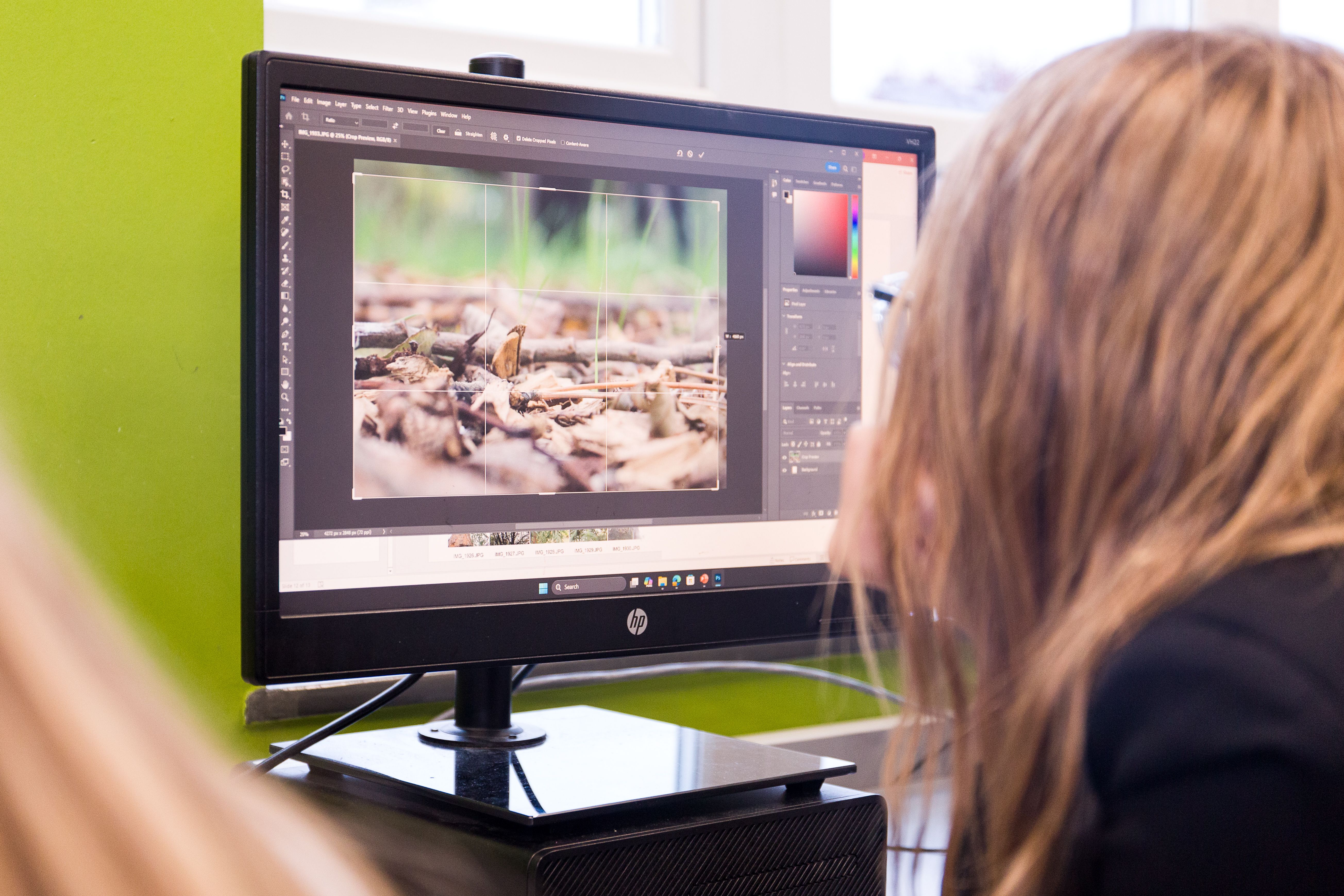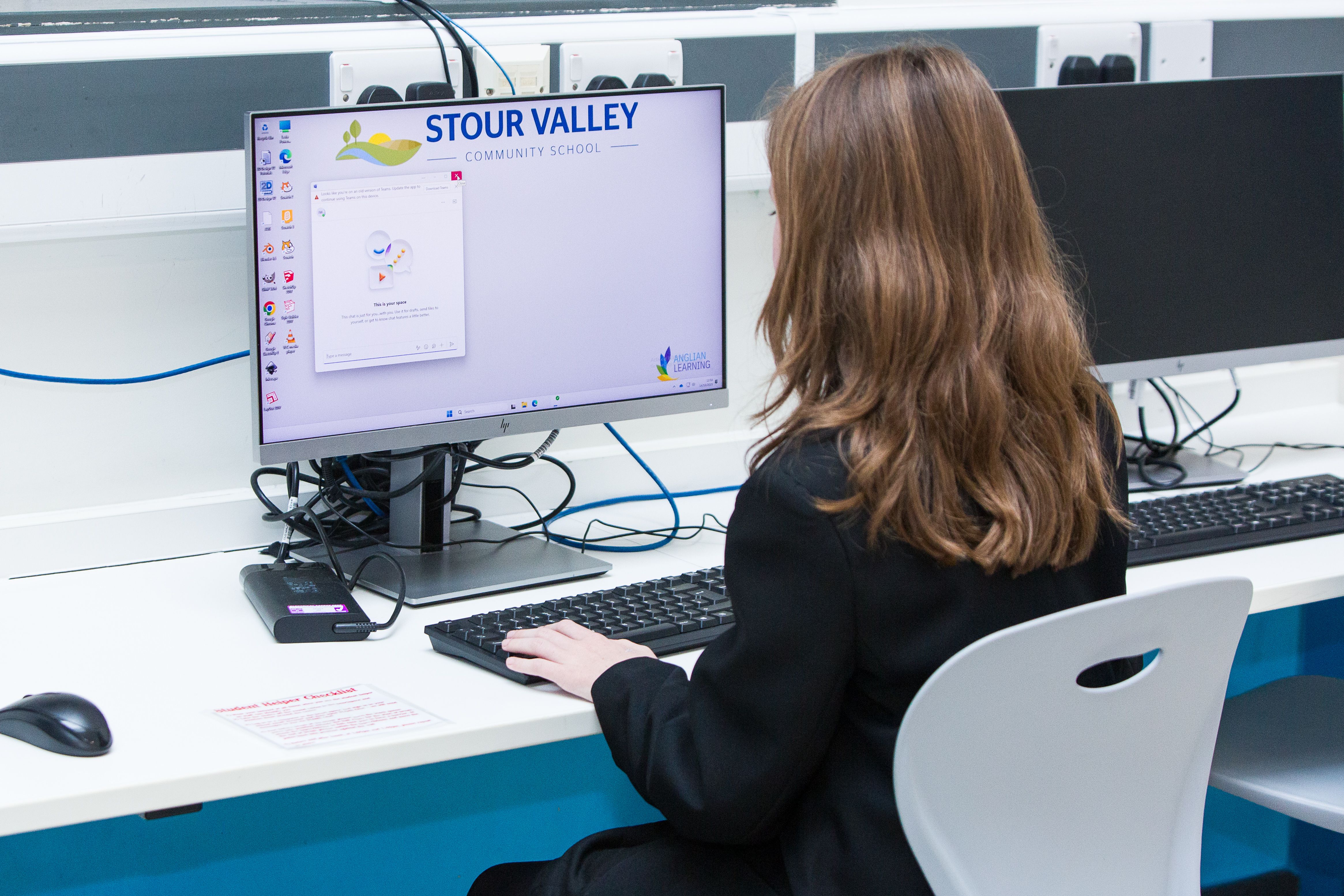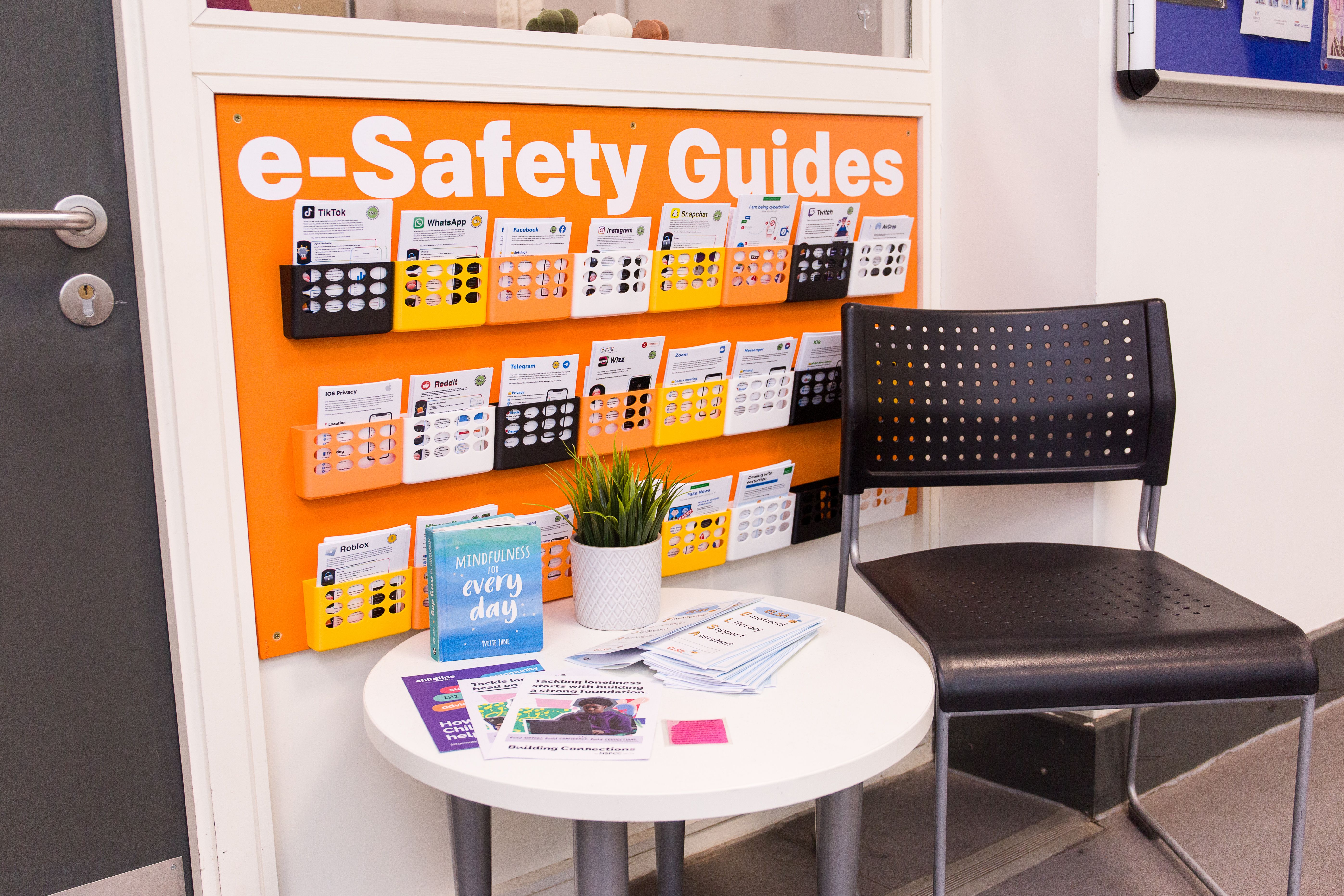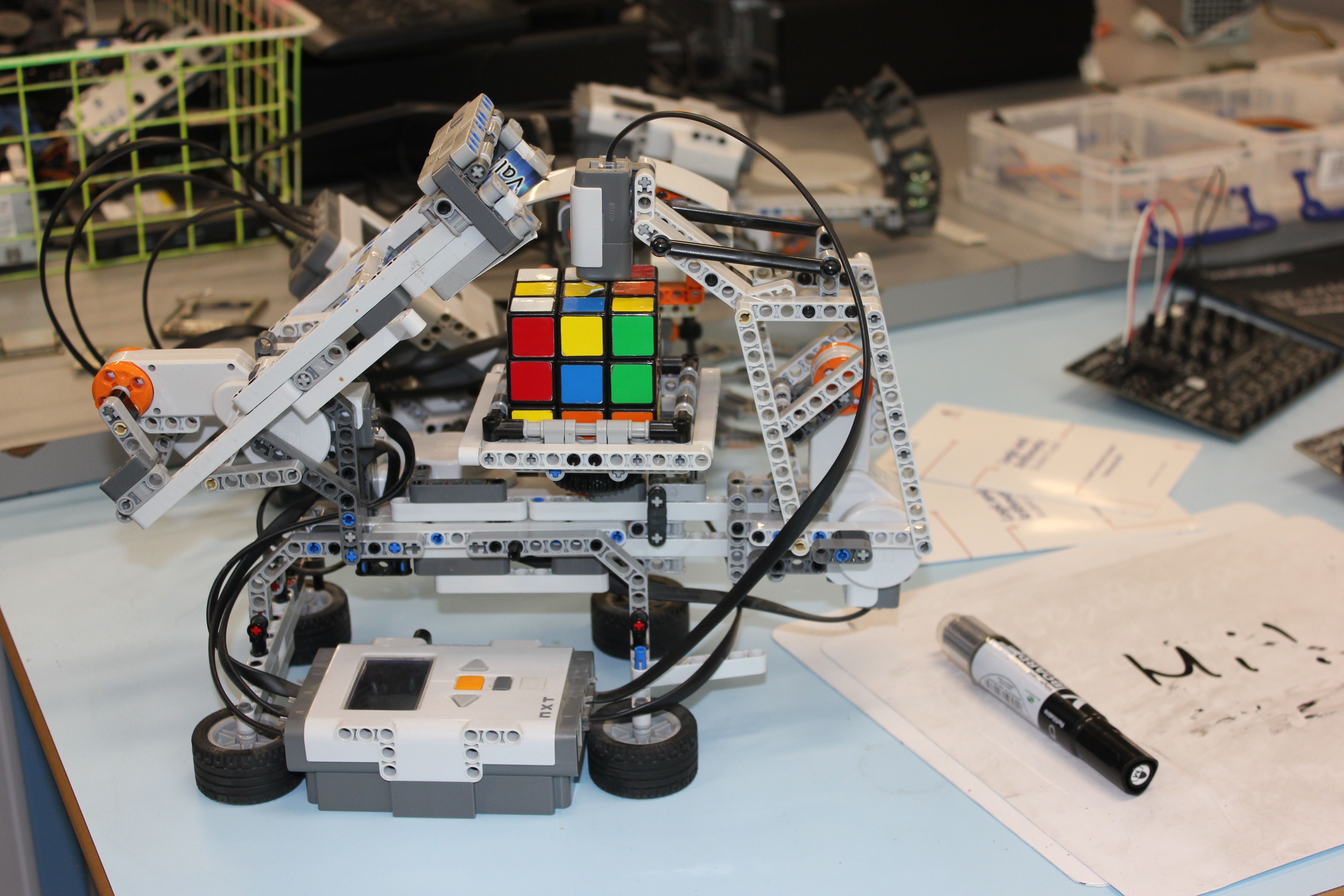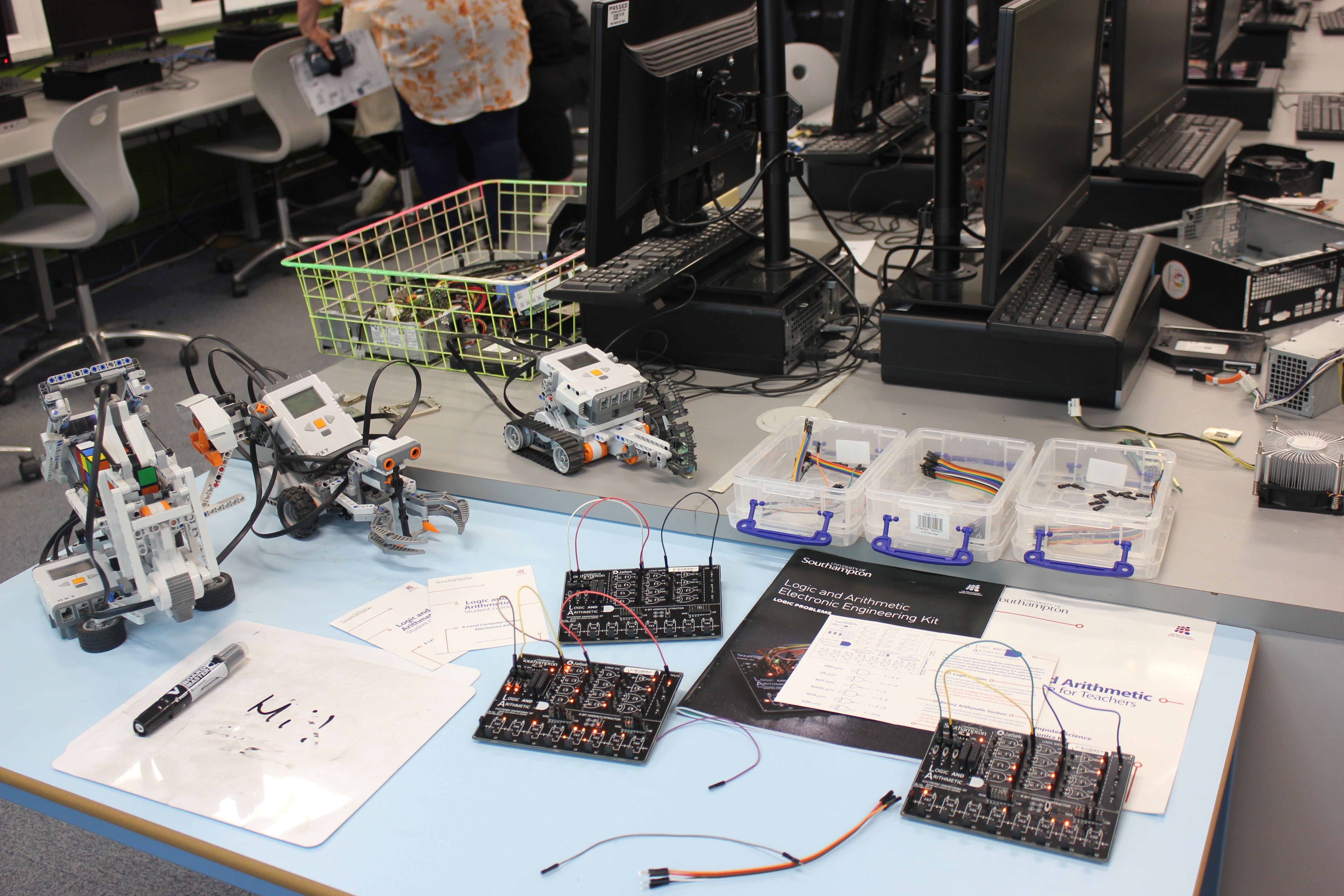Curriculum
- Art
- Computer Science
- Drama
- English
- Food Technology
- Geography
- History
- Maths
- Modern Foreign Languages
- Music
- PSHE
- Physical Education
- Psychology
- Religious Studies
- Science
- Technology
- Exams
- Exam Results
- GCSE Subjects
- Extra-Curricular Clubs and Enrichment Activities
- Careers
- Attitude to Learning Descriptors
- Special Educational Needs
- Go 4 Schools Parent/Carer User Guide
The aim of the Computer Science curriculum is to develop students Computational thinking and problem solving skills to enable them to produce working solutions to real problems using a structured method. When problems are analysed carefully in order to produce software, students learn to think clearly about what the problem involves and it becomes easier to plan a solution. Students will become competent programmers in at least one high level programming language and learn how to create new algorithms/applications and technology using defensive design and structured coding practises. Students will gain knowledge in networking, operating systems, hardware and software, data representation and logic as well as learning to create flowcharts and pseudocode. All students will gain experience using a variety of technology platforms and operating systems to broaden their exposure and understanding of computers in society.
Every student has a private file storage space on the school’s computer network as well as an Office 365 account which can be accessed from home.
E-Safety
Is covered in both Computer Science and PSHE lessons annually by ALL students.
Key Stage 3
Students will develop their ICT skills using the Office suite of products and applications and become competent users of computer technology. Students will develop their problem solving skills and understanding of programming by using block style languages such as Scratch/Blockly. Exposure to programming in higher level languages such as Python and HTML/CSS will happen in Year 9. Students will gain an understanding of how to create digital media such as images and sound files as well as becoming experienced using modelling techniques in Excel. They will have opportunity to develop basic websites using HTML and program other devices such as the BBC Microbit in preparation for further study at KS4. In addition, all students will receive annual e-safety training in line with national curriculum expectations
Key Stage 4
Exam Board: OCR
Course Code: J277
Course Title: Computer Science
Assessment overview
| Component | Marks | Duration | Weighting | |
| Computer systems (01) | 80 | 1 hour 30 mins | 50% | Calculators not allowed |
| Computational thinking, algorithms and programming (02) | 80 | 1 hour 30 mins | 50% | Calculators not allowed |
Students will gain extensive programming experience in a high level language such as Python and learn programming techniques to allow them to produce standardised algorithms and programs. Students will gain knowledge of Computer systems architecture using the binary numbering system and Von Neumann architecture to manage data and instructions in memory. An appreciation of the Ethical, legal, cultural and environmental issues involved with the use of computers in society will be gained. Details of how wired and wireless networks operate using topologies, protocols and networking layers is covered at KS4. All students learn to develop their problems solving techniques to analyse, design, develop, test and evaluate their solutions to problems and how to present their findings
Content overview
Component 01: Computer systems
Introduces students to the central processing unit (CPU), computer memory and storage, data representation, wired and wireless networks, network topologies, system security and system software. It also looks at ethical, legal, cultural and environmental concerns associated with computer science.
Component 02: Computational thinking, algorithms and programming
Students apply knowledge and understanding gained in component 01. They develop skills and understanding in computational thinking: algorithms, programming techniques, producing robust programs, computational logic and translators.
Practical programming
Students are to be given the opportunity to undertake a programming task(s) during their course of study which allows them to develop their skills to design, write, test and refine programs using a high-level programming language. Students will be assessed on these skills during the written examinations, in particular component 02.


